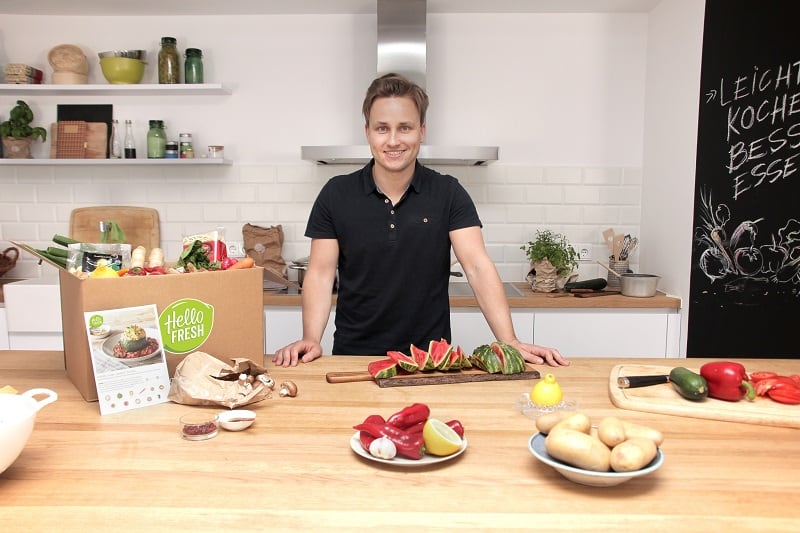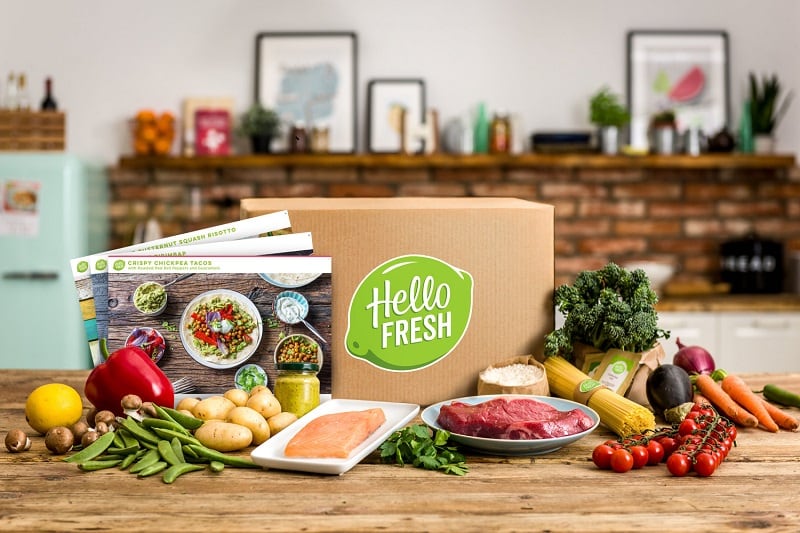While nations were in lockdown, restaurants closed their doors and consumers became increasingly reliant on food delivery services and apps. Now restaurants have reopened, the online boom appears to be staying put and the convenience of ordering a favourite meal straight to your door remains. But a report has looked at how some of the most popular food apps in the UK including Deliveroo, JustEat, and UberEats use the personal data of their shoppers.
The report from consumer rights group Rightly found that the UK's major food delivery services all collect and store consumer data, and share it with third parties.
Among the key findings of the report were that Deliveroo collects the basic information of its users, such as name, contact details, address, and age. With the user’s consent, it will also collect their health information e.g food allergies and intolerances. It will also share user data with third parties such as Snapchat, Twitter, and Google.
The JustEat app will also collect basic information from its users, payment details, and buying habits and also share information with third parties such as Twitter and Facebook for advertising purposes.
The UberEats app collects user’s location data, the features/pages that are viewed on the app and the times and dates that users access the app. UberEats, too, shares data with third parties to sites such as Linkedin, Indeed, Yahoo, Facebook, and Adobe.
Rightly’s report also criticised recipe box companies Gousto and HelloFresh, which also both share data with third parties such as Facebook, Twitter and Google for targeted advertising purposes.
Many consumers may be unconcerned that their data is shared with social media companies to create targeted, personalised advertising. Users can also fairly easily opt-out of the app’s sharing policies to keep their personal information safe.
Rightly, however, said consumers should be more worried about the data that delivery services really know about them.
“All companies need to be wary of consumer backlash as more and more people are becoming concerned about data and the way that companies use it,” a spokesperson told FoodNavigator. “The introduction of GDPR, the Cambridge Analytica scandal, as well as growing awareness about how big data influences both politics on the larger scale and even what financial decisions are made about us on the smaller scale indicate that consumers will soon start demanding more.”
The report further warned that food apps have hit data breaches. In 2018, for example, Uber was fined £385,000 by the ICO, the UK’s independent authority set up to uphold information rights, after hackers stole the data of 2.7 million UK customers. Uber paid the hackers £78,400 to destroy the data and didn’t alert users of the breach.
Why app developers need consumer data
But is it a feasible business plan for food apps and brands to operate without giving away personal data of customers? For this, it's a question of degree rather than kind, said Rightly.
“Analytics third parties are often used to improve the site/app experience and that often uses the data of customers in an aggregate, anonymised way. Most people wouldn't suggest taking this away. The larger problem comes in with sharing the personal data of users with data brokers, and other companies that benefit largely from the Adtech industry.”




